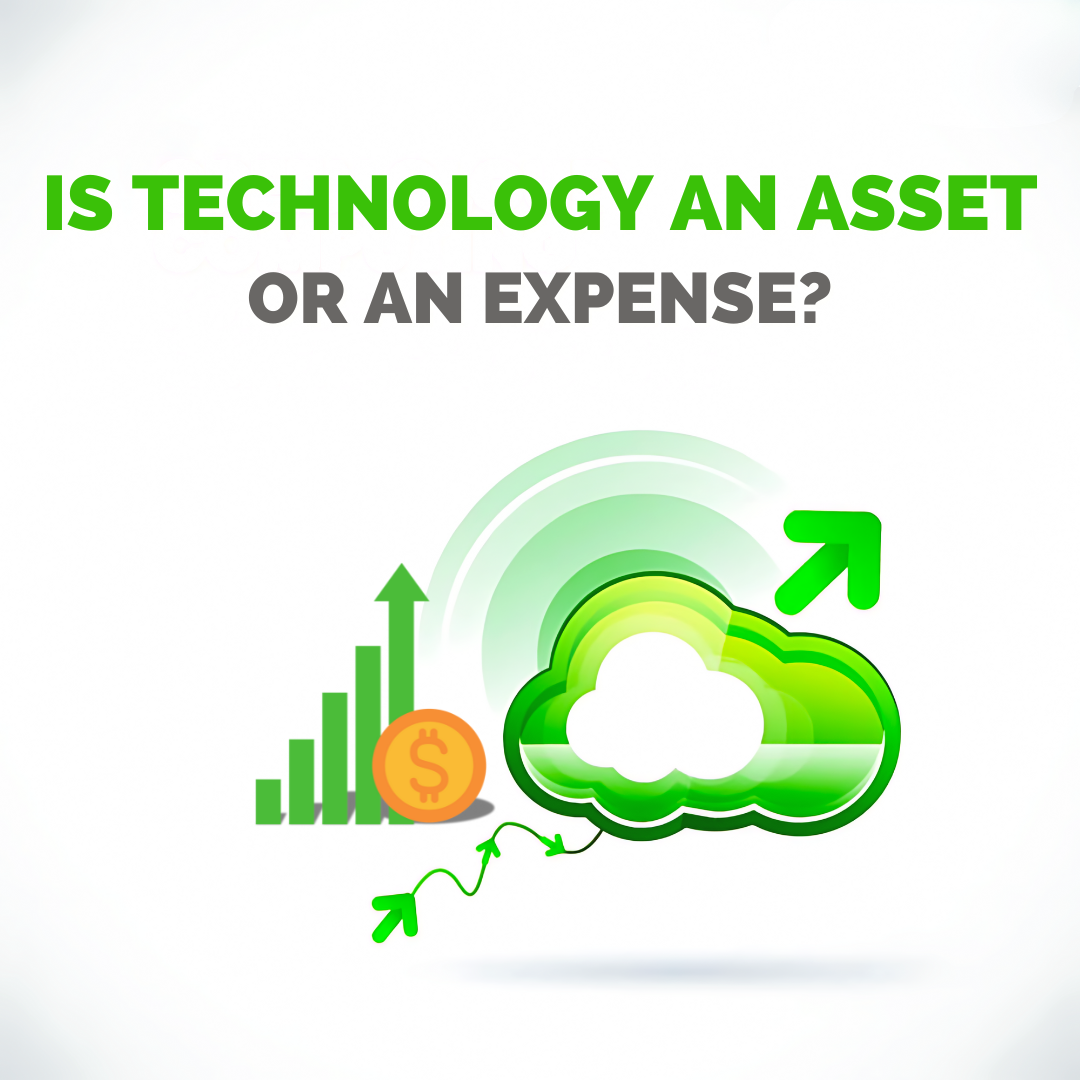As Guyana progresses towards economic diversification and modernization, the role of technology in the workplace has become a crucial topic of discussion. Businesses nationwide are grappling with a key question: Should technology be viewed as an expense or an asset? This debate is particularly relevant as companies seek to balance immediate costs with long-term benefits.
Proponents of technology as an asset argue that its adoption can drive significant long-term gains. Investing in technology enhances productivity and operational efficiency while opening new avenues for growth. In sectors like agriculture, precision farming tools have boosted yields and reduced waste, illustrating the transformative power of technology.
Moreover, technology enables innovation. Companies can develop new products and services, tap into new markets, and increase their competitiveness. Advanced data analytics allows for better decision-making, while automation reduces human error and speeds up processes. For Guyana's burgeoning oil and gas industry, cutting-edge technology is essential for safe and efficient operations.
Conversely, some business leaders see technology primarily as an expense, citing the high costs of acquisition and maintenance. Besides the initial investment, there are costs associated with training, upgrades, and maintenance. Additionally, the rapid pace of technological advancement means that today's cutting-edge tools can become obsolete in a few years, leading to a cycle of continuous investment. This can be particularly challenging for businesses with limited financial resources, making it difficult to justify large technological expenditures.

Given these differing perspectives, it's crucial to adopt a balanced approach. Businesses must evaluate the potential long-term benefits of technology against the upfront costs, considering their specific needs and capacities. Strategic investments in technology should be made with a clear understanding of how these tools can enhance operations and drive growth. Government support can play a vital role in this process.
Policies that offer tax incentives for tech investments, grants for SMEs, and affordable financing options can help reduce the financial burden. Additionally, initiatives to improve digital literacy among the workforce will ensure that employees can effectively use new technologies.
Several Guyanese businesses have already demonstrated the value of viewing technology as an asset. For example, local agro-processing companies have adopted automated systems to increase production efficiency and product quality. Similarly, the tourism sector has utilized digital marketing and booking platforms to attract international visitors, boosting revenue and market reach. These success stories show that, with the right strategy, technology can be a powerful driver of innovation and economic progress.
As Guyana continues to modernize its economy, the question of whether technology is an expense, or an asset will remain central. While the costs associated with technological adoption are significant, the potential benefits in terms of productivity, innovation, and competitiveness are equally compelling.
By fostering a supportive environment for tech investment and education, Guyana can ensure that technology is viewed not just as a cost, but as a vital investment in the country's future. Embracing this forward-looking perspective will help transform workplaces and propel the nation toward sustained growth and prosperity.